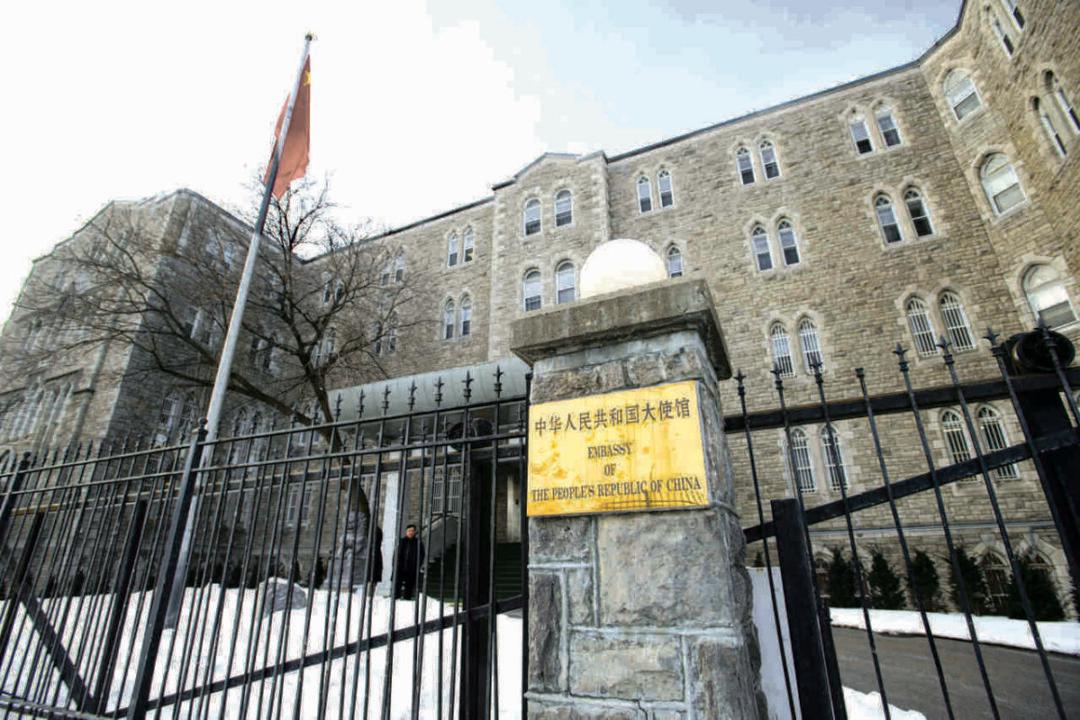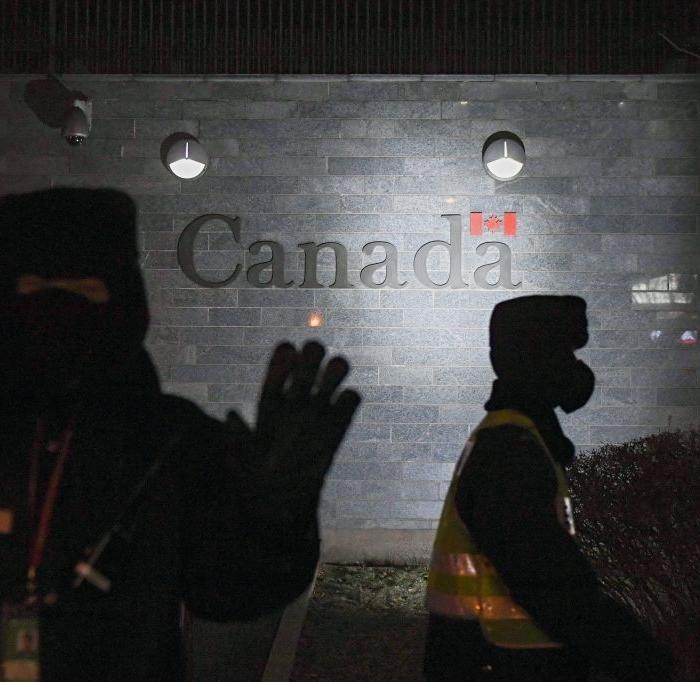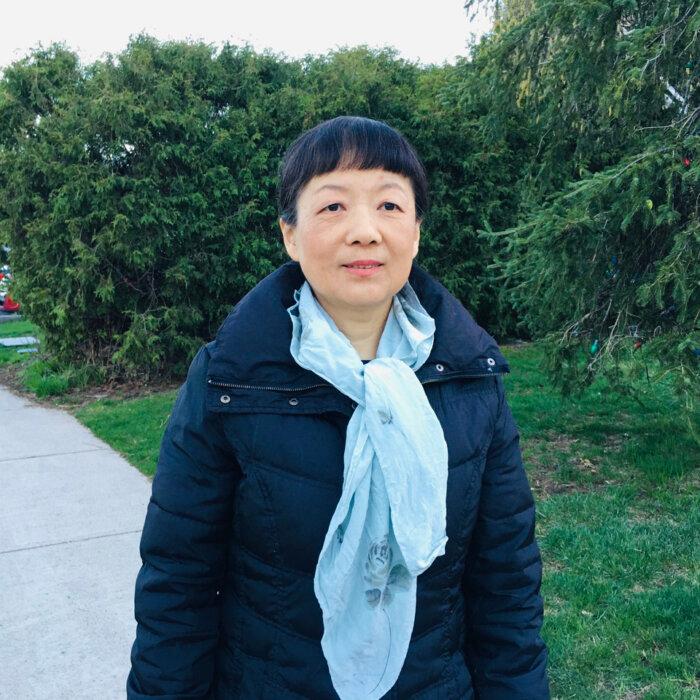As China’s foreign interference in Canada draws increasing scrutiny, a new report details how the communist regime influences politicians and stifles persecuted groups. Notably, it highlights ongoing efforts to suppress support for Falun Gong adherents and their quest to end the persecution of their spiritual practice, which began in 1999.
The tactics are primarily attributed to the Chinese diplomatic missions. They include coercing politicians, spreading disinformation, impersonating Falun Gong adherents to discredit the group, spying on adherents, and seeking their exclusion from community events. They also include cyber attacks as well as harassment, intimidation, and physical assaults against adherents.
The report highlights the gradual evolution of the CCP’s tactics over the past 24 years. It says the FDAC has “observed that the Chinese mission’s previously blunt approach toward Canadian politicians and officials has become more subtle and clandestine.”
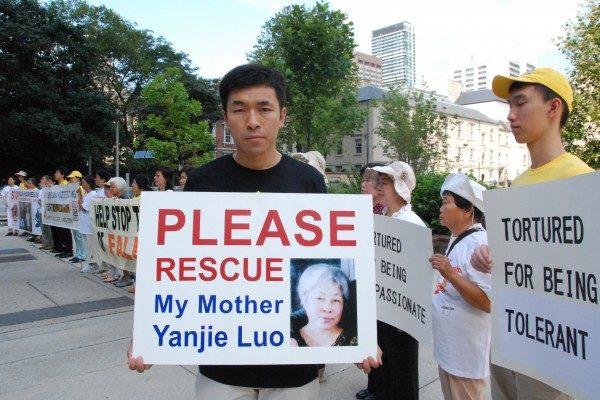
A factor contributing to this change has been the public resistance displayed by Canadian officials who have encountered the CCP’s interference against Falun Gong practitioners, the report said.
Chinese Mission’s Tactics
Chinese diplomats exert significant efforts to shape Canadian politicians’ perspectives on Falun Gong, often resorting to threats that non-compliance with the regime could jeopardize Canada-China trade relations, the FDAC report said.The FDAC has documented numerous incidents of similar materials being distributed to other Canadian politicians.
CCP’s Anti-Falun Gong Working Group
Falun Gong is a spiritual practice rooted in Buddhist traditions. In addition to five meditative exercises, the practice emphasizes the development of moral character centred on the principles of “truthfulness, compassion, and tolerance.”Due to its health benefits, Falun Gong rapidly gained widespread popularity in China after being introduced to the public in 1992. Official Chinese government data estimated that between 70 million and 100 million Chinese citizens were practising Falun Gong by the late 1990s.
However, Jiang Zermin, the Chinese leader at the time, perceived the practice’s popularity as a threat to the regime’s totalitarian control. In July 1999, he initiated a nationwide mass arrest and persecution campaign with the aim of eradicating the practice. As part of this campaign, the CCP established extrajudicial security entities, notably the 610 Office, with a specific mandate to eradicate Falun Gong.
Under the 610 Office, a Special Anti-Falun Gong Working Group was also formed with the specific mission of suppressing Falun Gong adherents outside China.
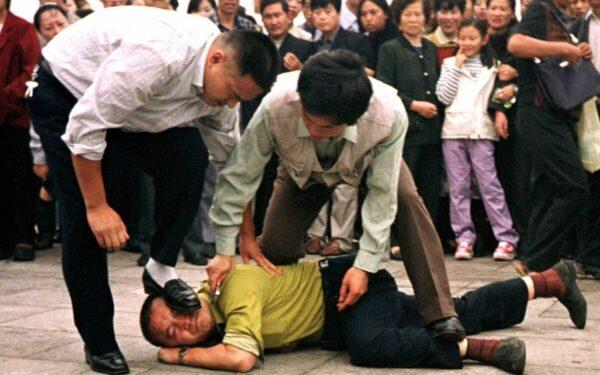
Chinese diplomats within this special unit are assigned the responsibility of pressuring politicians in the host country to abstain from contact with Falun Gong practitioners, avoid making public endorsements or proclamations in favour of Falun Gong, and exclude practitioners from civic events, Mr. Chen said.
Co-Opting Politicians
The FDAC has voiced “serious concern” regarding several Canadian politicians who it says have aligned themselves with the Chinese regime’s efforts to marginalize the Falun Gong community in Canada.Another politician mentioned in the FDAC report is Ontario MPP Vincent Ke. According to the report, Mr. Ke is alleged to have discouraged fellow MPPs from expressing support for Falun Gong. This information was revealed by another Ontario MPP to members of the Falun Gong community in early 2023.
Impersonation
A more recent tactic adopted by the CCP to discredit Falun Gong involves impersonating adherents of the practice to send bizarre and sometimes threatening or derogatory emails and letters to Canadian politicians and businesses, as reported by the FDAC.The FDAC report noted that those Canadian officials who have limited knowledge or interactions with the Falun Gong community are most vulnerable to the CCP’s disinformation and intimidation campaigns. In contrast, the report states that “officials who are more familiar with Falun Gong are in a position to recognize the falsehood and the propagandistic nature of the content of the letters and seek timely clarification from practitioners.”
Politicians who have received “bogus emails” from individuals impersonating Falun Gong practitioners, as cited in the FDAC report, include Liberal MP Judy Sgro, who co-chairs the parliamentary friendship group Canadian Parliamentary Friends of Falun Gong; NDP MP Peter Julian; Conservative MP Scott Reid; and former Alberta premier Jason Kenney. Chrystia Freeland, finance minister and deputy prime minister, is also reported to have received a similar email in 2017 during her tenure as foreign affairs minister.
The FDAC notes that the systematic and persistent email impersonation and vilification campaign is not limited to Canada. It describes the campaign as a “global phenomenon.” Its report says that identical or similar emails have been sent to politicians in various other countries, including the United States, Australia, and New Zealand. According to the FDAC, this pattern underscores the pervasiveness of the communist regime’s interference in countries worldwide.
